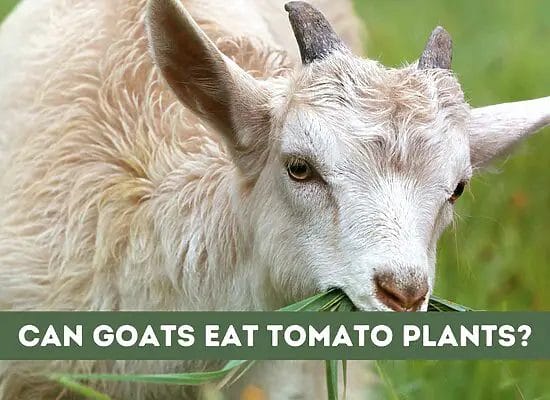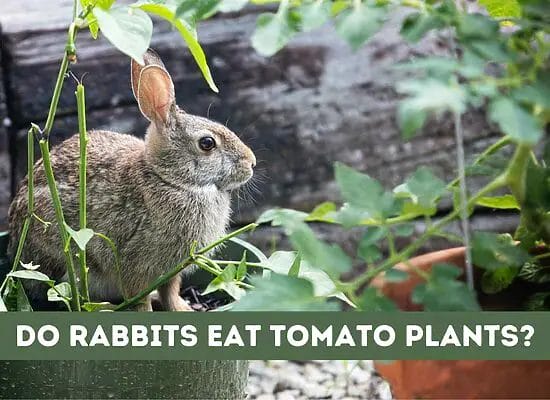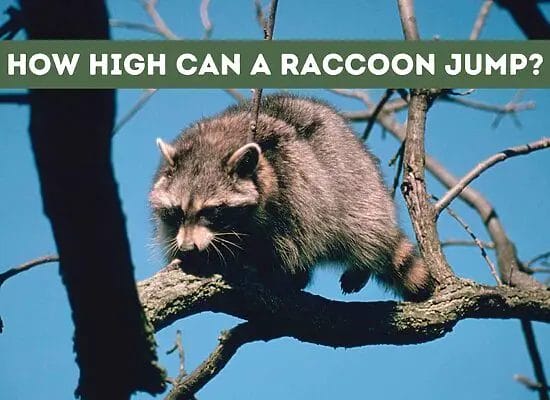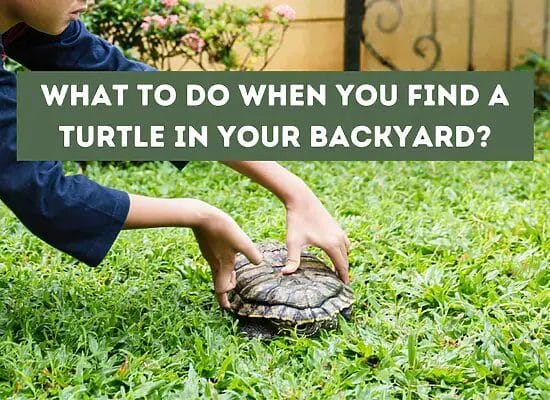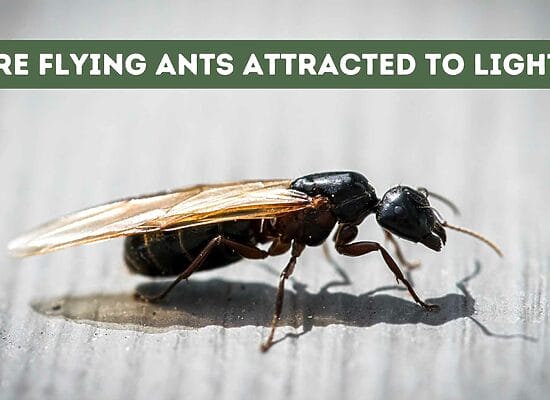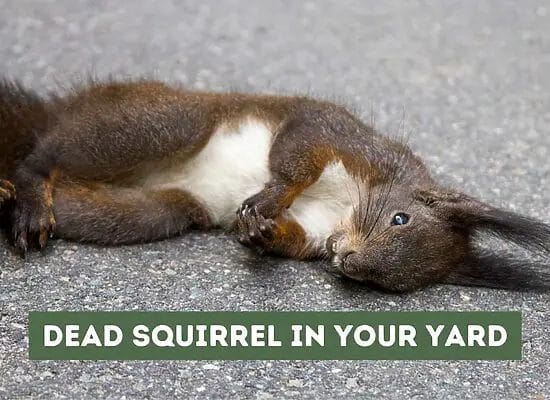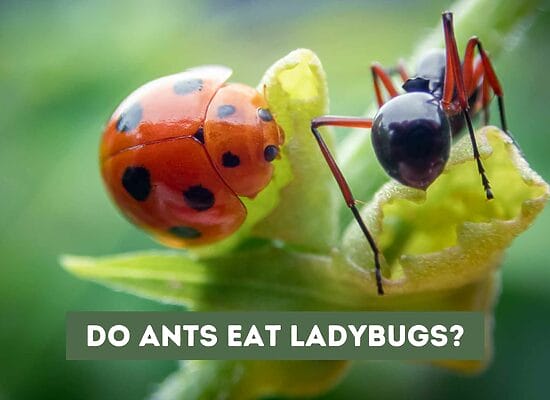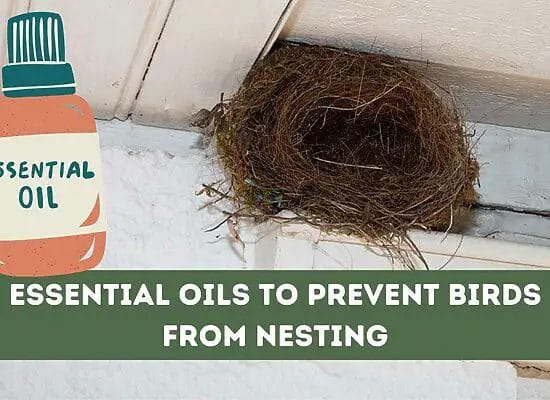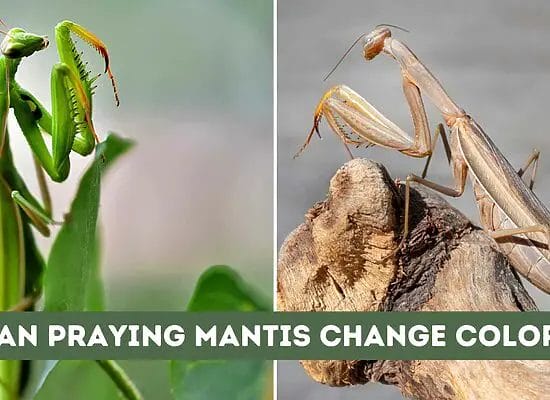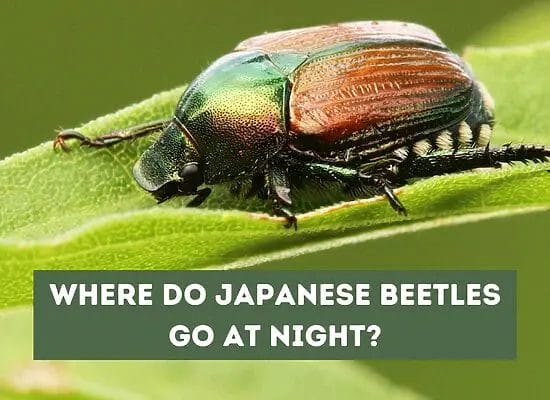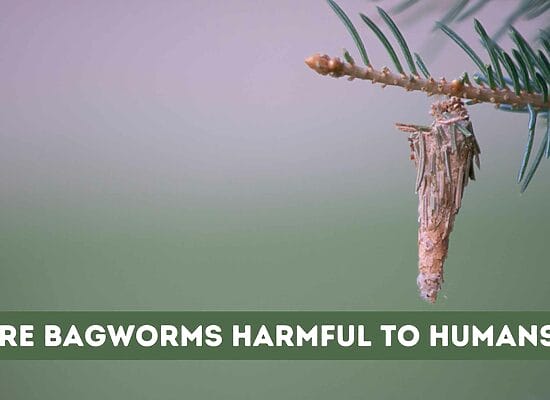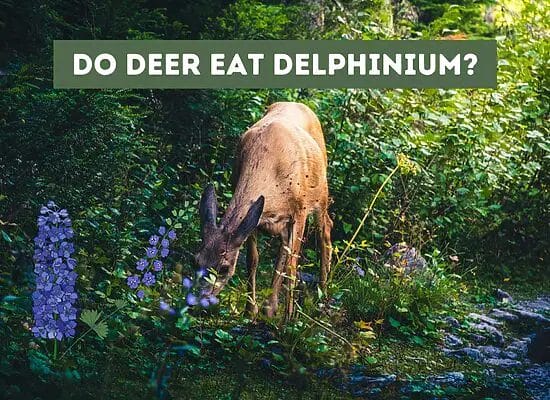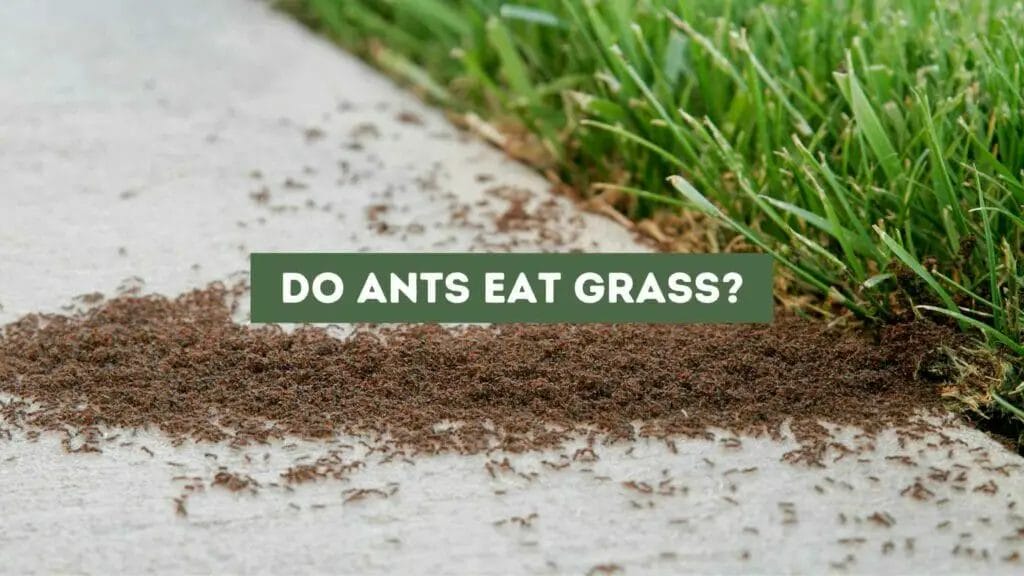
Do you ever wonder if ants eat grass? While it may seem like a straightforward question, the answer is not as simple as a yes or no. Ants can cause damage to your lawn, but they do not eat the grass itself. Instead, they dig tunnels and create mounds that can suffocate the grass, leading to its death.
Ants are fascinating creatures with complex social structures and behaviors. They are omnivores, meaning they eat both plants and animals, but they primarily consume seeds and honeydew. While they may not directly eat grass, their presence in your lawn can still be problematic. Ants can create unsightly mounds that can damage your lawn’s root system and make it more susceptible to other pests and diseases.
So, what can you do to prevent ants from damaging your lawn? Below, we’ll explore the relationship between ants and grass, the ways in which ants can harm your lawn, and some tips for controlling ant populations in your yard. Whether you’re a homeowner or a landscaper, understanding the role of ants in your lawn’s ecosystem can help you maintain a healthy and vibrant lawn.
Key takeaways:
- Ants do not eat grass, but their presence can cause damage to lawns.
- Ants can create unsightly mounds that suffocate grass and damage the root system.
- Ants attract other pests like mealybugs and aphids, which can further harm the grass.
- Ants can disrupt the balance of nutrients and moisture in the soil, affecting grassroots.
- Ants build tunnels and mounds, making it difficult to mow the lawn and prevent grass growth.
- To prevent ant damage, ensure proper lawn care with watering and fertilization.
- Natural remedies like diatomaceous earth or vinegar can discourage ants from nesting in the lawn.
Ants and Grass
Ants are fascinating insects that can be found in a variety of environments, including lawns and gardens. But do ants eat grass? The answer is no, ants do not eat grass. However, they can still cause damage to your lawn. In this section, we will discuss how ants can be lawn pests, their effects on grassroots, and their tunneling and mounds.
Ants as Lawn Pests
Ants are not usually considered a major lawn pest, but they can still cause problems. When ants dig tunnels and build mounds, they can create unsightly bare patches in your lawn. Additionally, ants can attract other pests, such as mealybugs and aphids, which can cause even more damage to your grass.
Effects on Grassroots
Ants can also have an impact on grassroots. When ants tunnel through the soil, they can disrupt the delicate balance of nutrients and moisture that grassroots need to thrive. This can cause your grass to become dry and brittle, making it more susceptible to damage from other sources.
Tunneling and Mounds
Ants build their nests by tunneling through the soil and creating mounds on the surface. These mounds can be unsightly and can make it difficult to mow your lawn. Additionally, the soil that ants dig up can be deep enough to damage grassroots and prevent grass from growing in that area.
To prevent ants from damaging your lawn, there are a few things you can do. First, make sure your lawn is well-watered and well-fertilized. This will help your grass grow strong and healthy, making it less vulnerable to damage from ants and other pests. Additionally, you can use insecticides or natural remedies, such as diatomaceous earth or vinegar, to discourage ants from building nests in your lawn.
Ants and Other Plants
Ants are omnivores, which means they eat both plants and animals. While they do not eat grass, they do consume other plant matter, such as seeds, fruit, and even other insects that are found on plants. In this section, we will look at how ants interact with other plants.
Ants and Aphids
Ants have a symbiotic relationship with aphids, which are small insects that feed on the sap of plants. The ants protect the aphids from predators, and in return, the aphids secrete a sweet substance called honeydew that the ants eat. This relationship can be harmful to plants as the aphids can cause damage to the plant by sucking out its sap. The ants also protect the aphids from other insects that may prey on them, which can lead to an increase in the aphid population and further damage to the plant.
Ants and Seeds
Ants are known to collect and store seeds in their nests. This behavior can be beneficial to plants as the ants help to disperse the seeds, which can lead to the growth of new plants. However, ants can also consume seeds, which can lead to a decrease in the number of plants that grow.
Ants and Fruit Trees
Ants can be beneficial to fruit trees as they help to protect the trees from other insects that may harm them. However, ants can also consume the fruit of the tree, which can lead to a decrease in the yield. To prevent ants from consuming the fruit, you can place a sticky barrier around the trunk of the tree, which will prevent the ants from climbing up to the fruit.
Ants and Soil
Ants are known for their underground tunneling and dirt mounds, which can have an impact on the soil beneath your feet. In this section, we will explore how ants interact with soil and what effects they may have on soil moisture, soil aeration, and fungi.
Soil Moisture
Ants can have an impact on soil moisture levels. As they tunnel underground, they can create air pockets that allow water to drain more easily. This can lead to drier soil in some areas, which could be problematic for plants that require consistent moisture levels.
Soil Aeration
Ants can also have an impact on soil aeration. Their tunneling activities can create channels that allow air to penetrate deeper into the soil. This can be beneficial for plant roots, which require oxygen to survive. However, if there are too many ants in one area, their tunneling can also lead to soil compaction, which can make it harder for air and water to penetrate the soil.
Ants and Fungi
Ants and fungi have a symbiotic relationship. Some species of ants cultivate fungi in their underground nests, which they then feed on. The fungi, in turn, break down organic matter in the soil and release nutrients that can be beneficial for plant growth. However, if there are too many ants in one area, their feeding activities can also lead to a depletion of nutrients in the soil.
To minimize the impact of ants on soil, you can take a few steps. For example, you can use mulch to cover the soil surface, which can help to regulate moisture levels and provide a barrier between the ants and the soil. Additionally, you can try to encourage natural predators of ants, such as birds and other insects, to help keep their populations in check.
Managing Ant Infestations
If you have noticed ants in your lawn, you might be wondering how to manage the infestation. Ants can be both beneficial and harmful to your lawn ecosystem. They can cart away the larvae of numerous damaging turf pests, but they can also damage your lawn by eating grass seeds and protecting other garden pests like mealybugs and aphids. Here are some pest control methods, natural repellents, and chemical treatments to manage ant infestations in your lawn.
Pest Control Methods
One of the most effective ways to control ants is to remove their food sources. Keep your lawn free of debris, dead insects, and animals. Regularly mow your lawn to prevent the growth of weeds and tall grasses that can attract ants. You can also use physical barriers like sticky tapes and ant traps to prevent ants from entering your lawn.
Natural Repellents
If you prefer natural repellents over chemical treatments, there are several options available. You can use vinegar or boiling water to kill ants and destroy their nests. You can also use diatomaceous earth or borax to kill ants. Peppermint oil is another natural repellent that you can use to deter ants from your lawn.
Chemical Treatments
If you have a severe ant infestation, you might need to use chemical treatments to manage the problem. Bifenthrin is a common insecticide used to control ants in lawns. It is a toxic chemical that can kill ants and other insects. However, it can also harm beneficial insects and pollute the environment. Use it with caution and follow the instructions carefully.
Pro Tip: To prevent ant infestations, keep your lawn clean and free of debris. Regularly mow your lawn and remove weeds and tall grasses. Use physical barriers like sticky tapes and ant traps to prevent ants from entering your lawn. If you need to use chemical treatments, use them with caution and follow the instructions carefully.
Impact on the Ecosystem
Ants are an important part of the ecosystem, and they play a significant role in maintaining the balance of the environment. In this section, we will discuss the impact of ants on the ecosystem, including their relationship with predators and birds, their role in the garden ecosystem, and their effect on the aphid populations.
Ants and Predators
Ants are aggressive and can sting, making them a formidable opponent for predators. Ants can also create large mounds that can make it difficult for predators to move around. However, ants can also be prey for other animals, such as birds.
Ants and Birds
Ants are an important source of food for birds, particularly during the breeding season. Birds will often visit anthills to feed on the ants and their larvae. Some birds, such as the woodpecker, will even create holes in the anthill to access the ants.
Role in the Garden Ecosystem
Ants play a crucial role in the garden ecosystem. They help to aerate the soil, allowing water and oxygen to reach plant roots. Ants also help to distribute nutrients and minerals throughout the soil, which is essential for plant growth. Additionally, ants can help to control mealybugs and aphid populations, which can damage plants.
When ants are present in the garden, they can create large mounds that can cause uneven ground and bald spots. However, ants can also help to break down debris and organic matter, which can improve soil quality.
To attract ants to your garden, you can provide them with a source of nectar, such as sugar water. You can also add salt to the soil, which can help to create a favorable environment for ants.
FAQ: Do Ants Eat Grass?
What types of food do ants eat?
Ants are omnivores, which means they eat both plants and animals. Their diet can vary depending on the species of ant and the environment they live in. Some ants prefer sweet foods like nectar, honeydew, and sugar, while others prefer protein-rich foods like insects, seeds, and meat.
Do ants eat plants or just insects?
Ants do eat plants, but they don’t usually eat the leaves of grass or other plants. Instead, they may eat the seeds or other parts of the plant. Some species of ants even cultivate fungi or algae to eat.
What is the diet of ants?
Ants have a diverse diet that includes insects, seeds, fruit, honeydew, and other sweet substances. Some ants even prey on other insects, while others feed on the secretions of aphids and other plant-sucking insects.
What are some common foods that ants eat?
Some common foods that ants eat include sugar, honey, fruit, seeds, insects, and other small animals. They may also eat dead insects or other organic matter.
Do ants eat fruits and vegetables?
Yes, some species of ants do eat fruits and vegetables. They may eat the seeds or other parts of the plant, or they may feed on the sweet juices of ripe fruit.
Can ants damage grass or plants?
While ants don’t usually eat the leaves of grass or other plants, they can indirectly damage them by building their nests in the soil. Ants can loosen the soil and make it easier for other pests to invade the roots of the plant. Additionally, some species of ants may feed on the seeds of grass or other plants, which can also damage them.

